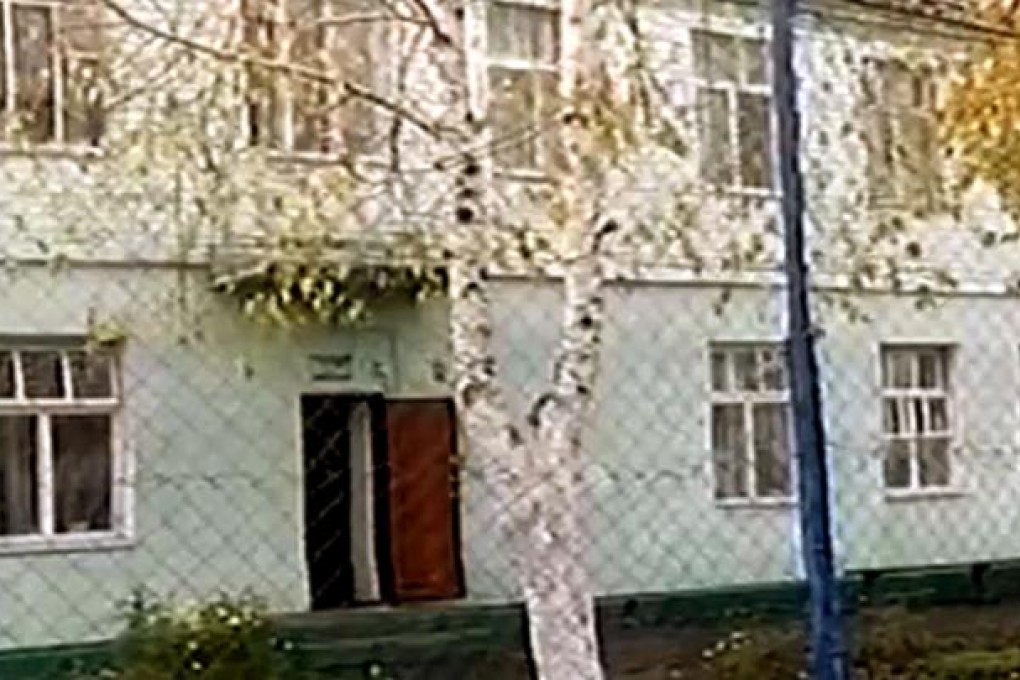
The jailed Pussy Riot punks, Nadezhda Tolokonnikova and Maria Alyokhina have arrived at prison camps in remote Russian regions, a defence lawyer said on Wednesday.
“Tolokonnikova has arrived at corrective labour camp 14 in Mordovia and Alyokhina has arrived at camp 32 in Perm,” lawyer Violetta Volkova told the Interfax news agency.
“We do not have official information. I found this out from my sources, they checked it,” Volkova added.
The Russian prison service is obliged to inform the women’s relatives of their location within 10 days of their arrival.
The Mordovia camp, known for its harsh conditions, is the same one where the only woman convicted in the Yukos oil case that saw the jailing of Russia’s former richest man Mikhail Khodorkovsky, lawyer Svetlana Bakhmina, served time from 2006 until October 2008.
The Perm camp is seen as a more pleasant option since it is in a city, although Perm is about 1,400 kilometres from Moscow where Alyokhina’s young son lives.
